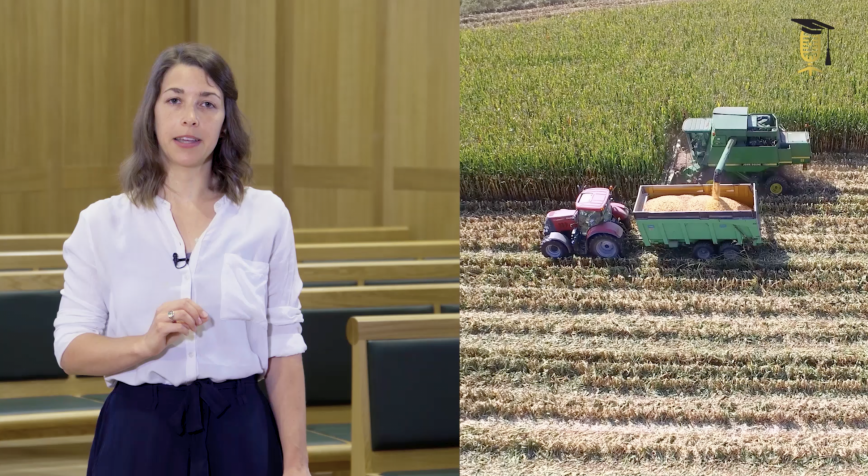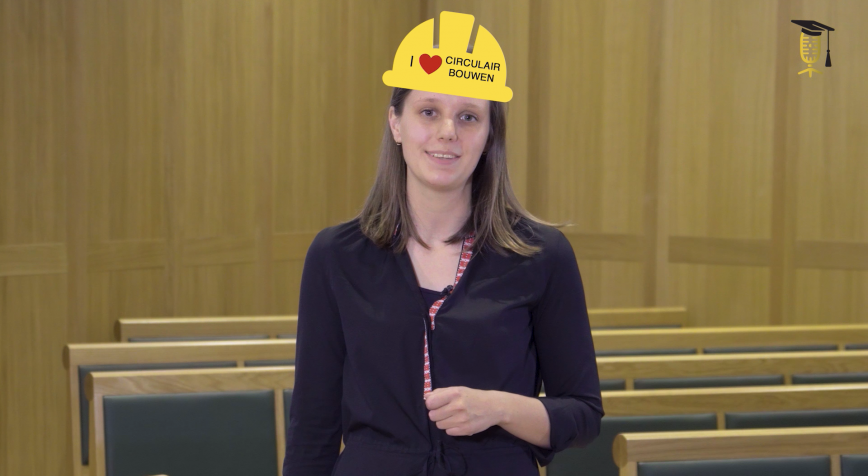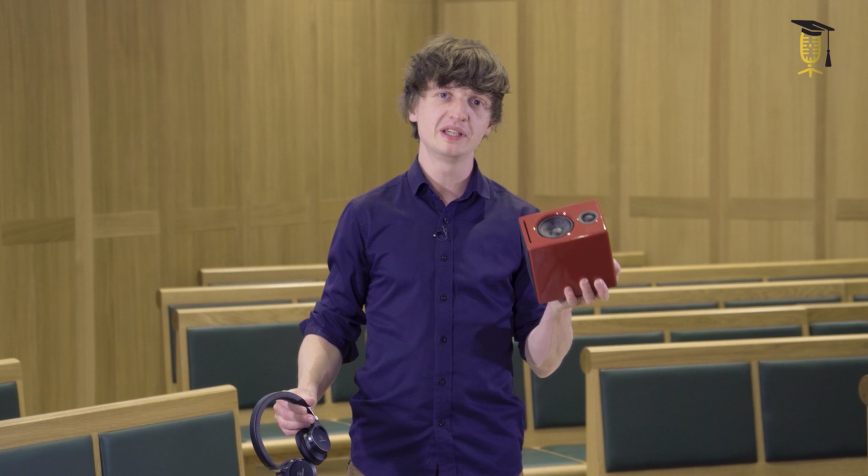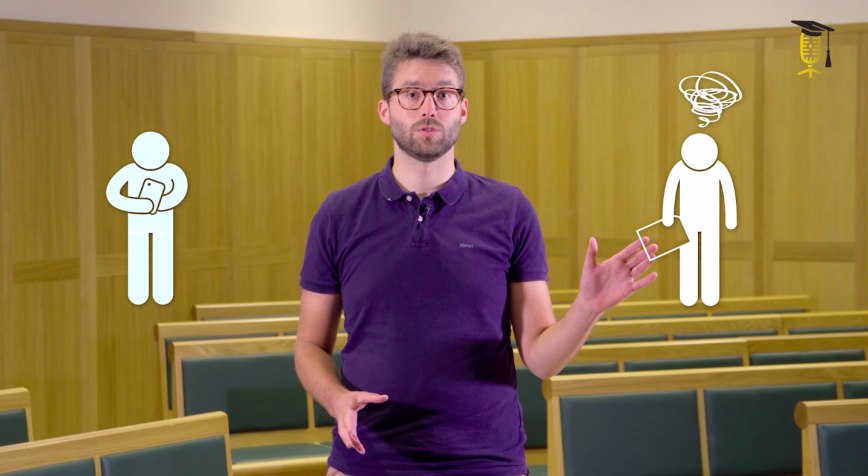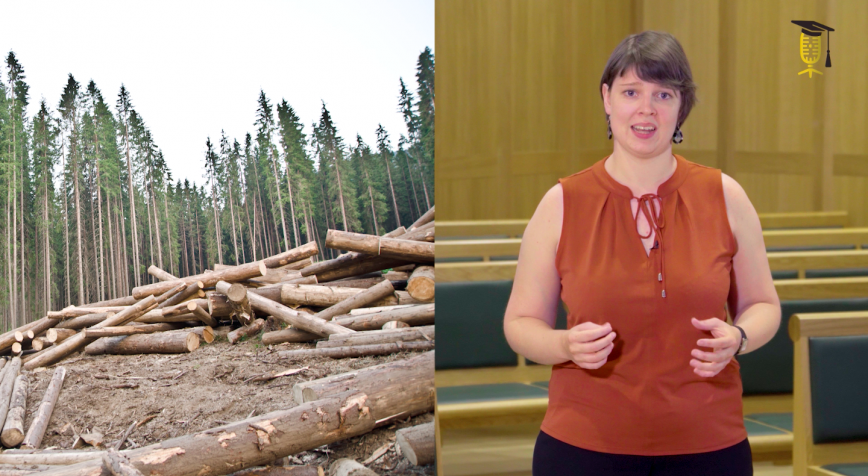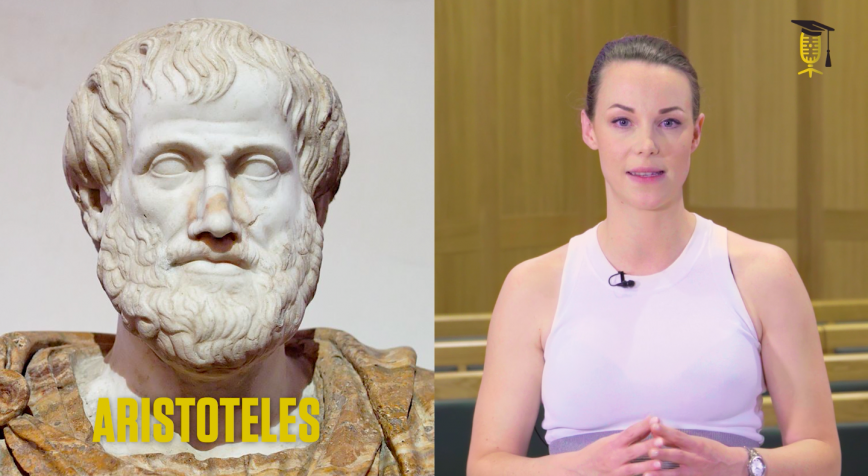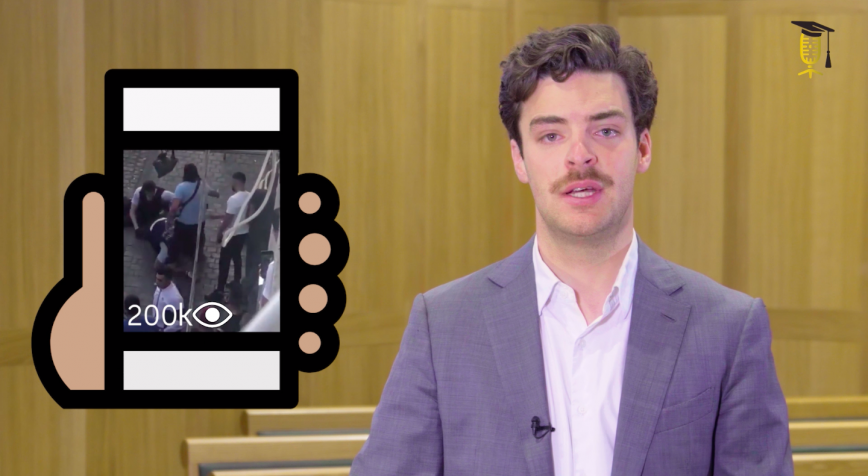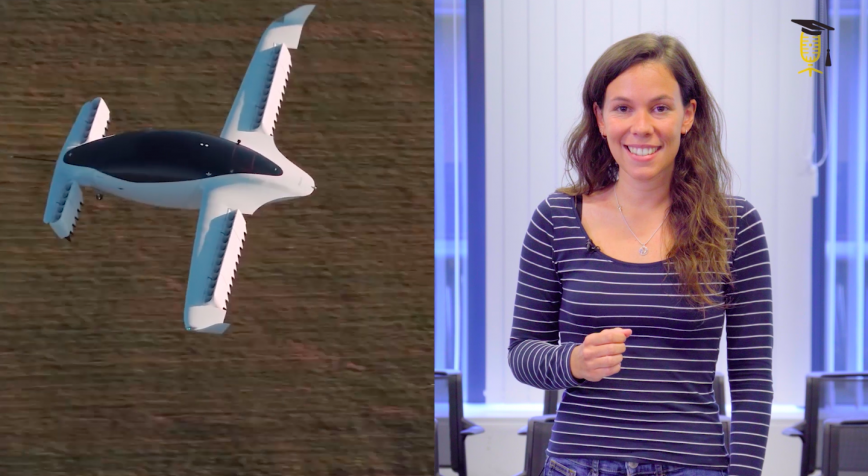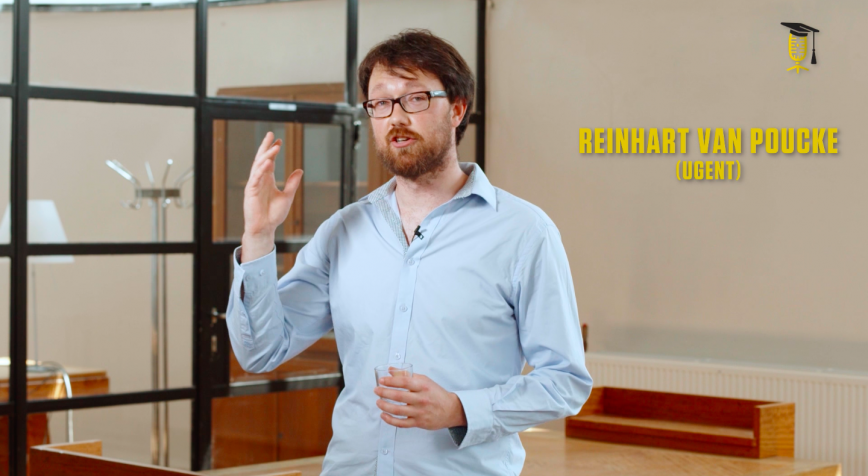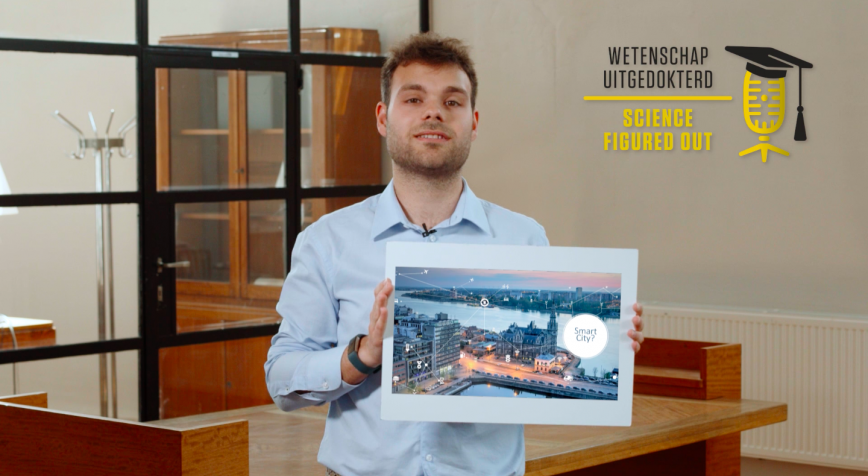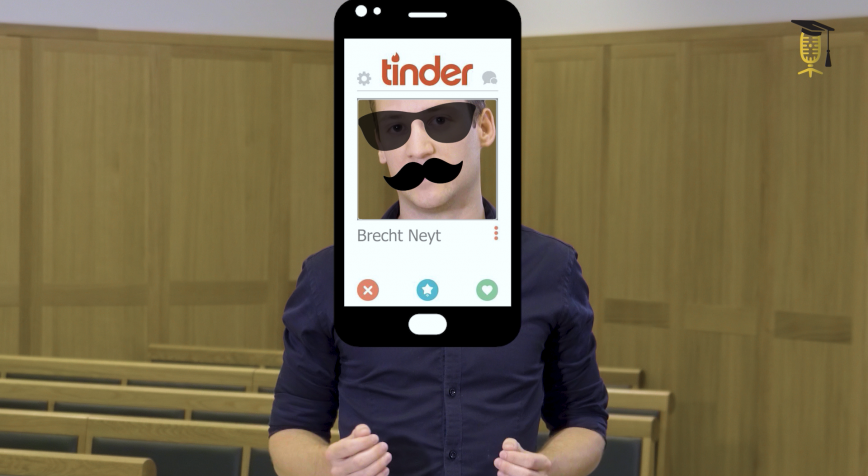
UGent
How to have success on Tinder
Do you want to know how to be successful on Tinder? Then take a look at this pitch by economist Brecht Neyt (University of Ghent). In his Ph.D., he unraveled whether your level of education plays a role in getting matches on the online dating app Tinder.📱💘
